Here’s a last look at what some writers do when they’re not at their desks, and how that time doing something completely different impacts, informs or deepens their writing.
Lena Coakley: I love swimming, and I find it really helps get me unstuck when I have writers’ block. I’m convinced that the repetitive motion is a form of meditation. For me there is nothing like it to unravel a plot knot or come up with a fresh, new idea. Lena Coakley is the author of Worlds of Ink and Shadow, coming January 2016 from Harper Collins Canada/Amulet Books www.lenacoakley.com
Lindsey Carmichael: I love photography. I have no art skills whatsoever, but I can still create beautiful images using a camera. This visual storytelling is just for me, so it doesn’t have the pressure that comes with writing. But as a nonfiction author, I find that photography has helped me think about how the words I write work together with the pictures that illustrate my books, creating something bigger than either could be alone. I find that while I’m writing, I’m actively thinking about what kinds of images – photographs, charts, diagrams, etc. – could be used to add depth and richness to the story I’m trying to tell. Lindsey Carmichael is the author of Fuzzy Forensics: DNA Fingerprinting Gets Wild (Alopex Editions) www.lecarmichael.ca
Loris Lesynski: What often inspires my writing is talking to strangers. I have always done so, but lately I’ve stepped it up considerably, and I strike up conversations (as soon as I gather the other person is receptive) all day long everywhere I go, gently but quite deliberately. It is so much fun, and I’m told delightful, unique and often touching anecdotes from other people’s lives. I do assess the stranger before I say anything, and so far I haven’t annoyed anyone nor come across unstoppable bores. This all makes my day, from stores to library to street corners, much more interesting than it’s ever been, and informs my writing in many ways. Loris Lesynski is the author of Crazy About Hockey (Annick Press) www.lorislesynski.com
Lea Tassie: I play bridge. Bridge has nothing to do with writing, but it certainly concerns the mind and the mind is key to writing. Bridge is a complex game that requires intense concentration, and that’s the secret. When I play bridge, I don’t think about anything but the game. Nothing else. Not about writing, or food, or sex or the weather. Which means that after, say four hours, my mind is rested. Sure, it’s tired of counting cards and watching my opponents’ faces and bodies for revealing clues about their bidding or strategy, but it’s had a complete rest from writing and the million questions I try to answer every day with my prose. And, having rested, my mind then begins, with renewed energy, to solve old problems or create new plots and characters. Lea Tassie is the author of Shockwave (Felinity Press) www.leatassiewriter.com
Ann Marie Meyers: Of all the arts, singing is the one that engages my five senses fully and resonates within me. Sometimes, I get lost in the music and find myself in a place where everything is possible, where no barriers exist, and where dreams are waiting to materialize. That’s the place I love to be in to receive ideas and to work out snags and plot in my manuscripts. Ann Marie Meyers is the author of Up in the Air (Jolly Fish Press) www.annmarie-meyers.com
And finally, it’s my turn. Like Frieda Wishinsky and Alice Valdal, I find gardening fulfilling on both a personal level and professional level. On August 5th, Frieda talked about some of the parallels between the two activities: starting out hopeful, waiting and editing, never knowing exactly what you’ll end up with. Recognizing and accepting the things we cannot control (weather, slugs, reviews, sales) but persisting anyway. Last week, Alice talked about how gardening reminds her of her true self and restores her spiritual balance. I can relate. Gardening connects me to something far bigger than me and reminds me of what’s truly important in life. At the same time, it’s also grounding and physically fulfilling. Many times an important character insight or the answer to a plot knot comes when I’m digging in the dirt. Gardening also serves to remind me that seedlings need the right conditions to germinate and grow, in the same way fledgling story ideas need space and care; that weeding (like story revisions) is necessary; that trends come and go but a beautiful garden, like a good story, is always appreciated. Gardening acts as a reminder that showing up regularly is crucial. And it always brings home the fact that most of the fun is in the act of doing regardless of the final outcome.

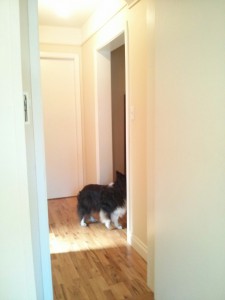
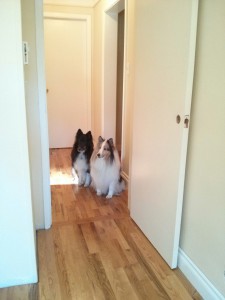
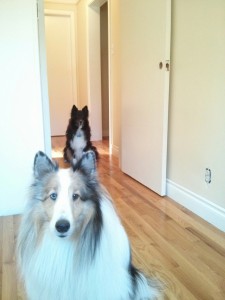

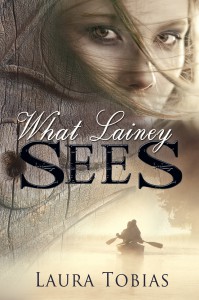

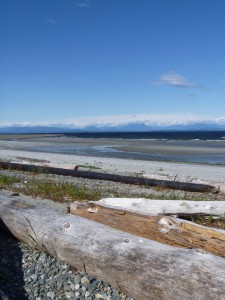

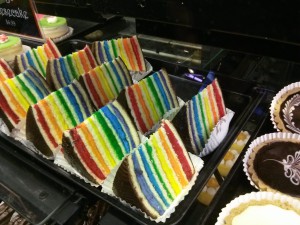
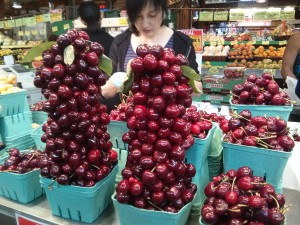

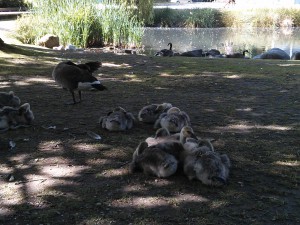



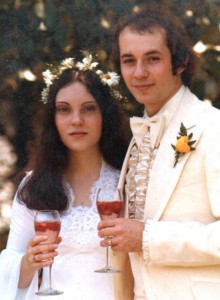

Comments